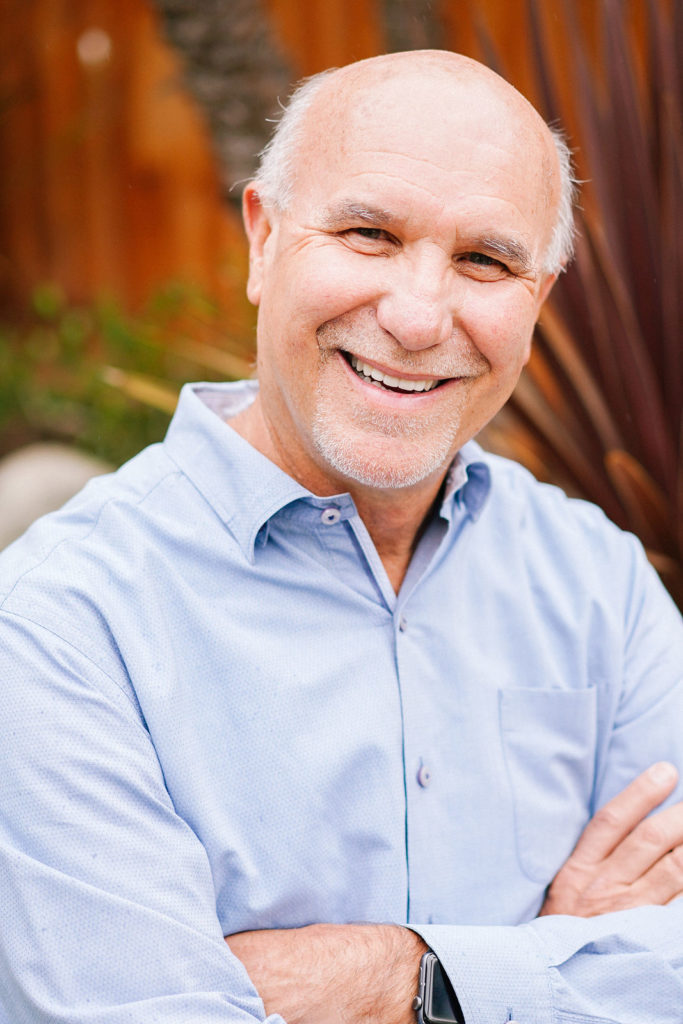65: Jim Burns | Parents and Adult Children

Jim Burns | Parents and Adult Children
Jim Burns is the president of HomeWord.
He speaks to thousands of people around the world each year. He has close to 2 million resources in print in 20 languages.
He primarily writes and speaks on the values of HomeWord, which are: Strong Marriages, Confident Parents, Empowered Kids, and Healthy Leaders.
Some of his most popular books are: Confident Parenting, The Purity Code, Creating an Intimate Marriage, Closer, and Doing Life with Your Adult Children.
Jim and his wife, Cathy, live in Southern California and have three grown daughters, Christy, Rebecca, and Heidi; two sons-in-law, Steve and Matt; and two grandchildren, James and Charlotte.
Jim and I discuss parenting your adult children, how your role changes, avoiding unsolicited advice, and moving them from dependence to independence.
4:16 Will you share a little of your faith journey with us?
“We’ve been married a long time [45 years]. We write books together. Some people call us marriage mentors, but we have high maintenance marriage. High maintenance is not bad, it just means we got to really keep working at it.”
“The Bible says that you inherit the sins of a previous generation to the third and fourth generation. Well, we want to stop that. You can either recover or repeat.”
“Really good parents have kids who make some poor choices, at times…. I always like to say, a sinner married another sinner, and then you have sinnerlings.”
“Be ruthlessly honest about your own brokenness. You don’t have to always focus on it, but but the truth is when you’re ruthlessly honest about your own brokenness I think you parent better.”
“We who are studying where kids are going when they become adult children. Unfortunately, a lot of them are walking away from faith, yet there’s some studies out right now….that are pretty exciting that say if there are faith conversations in the home, there’s about a 300% better chance that they’ll stay in the faith.”
11:27 We are going to chat about doing life with adult children. When our children live under our roof we rarely consider what parenting will look like when they become adults. What were some surprises or challenges you and your wife faced when transitioning into parenting adults?
“Experience is a better teacher than advice.”
19:13 You discuss 9 principles in your book, “Doing Life with Your Adult Children.” A few being: Your role as the parent must change. You can’t want it more than they want it. Let’s talk about Principle # 5: Your job is to move them from dependence to independence. What are some common mistakes parents make in this area and what advice do you have for them?
“Age 0-2 and say your job with them is caring and you’re not going to discipline them. You’re not giving them a whole lot of advice. You’re just showing care. If they cry, you pick them up. Hungry, you feed them, etc. From two to 10, you do pretty much control them. That’s micromanaging in the best way. You aren’t going to say to your kids, ‘You know what I’m doing this podcast right now, so you guys can go outside and if you want to go over to the mall.’ …By about age 10, you’ve got to turn into a coach, which means you still lead, you still sometimes take them out of the game….you’re still in charge….But at the same time, they’ve got to make some decisions because they’ve got to learn you’re moving them from dependence to independence. By the time they get to older teenagers, you’re almost a consultant. Their day to day decisions should be done by them. There are parents who say, ‘Yeah, but you don’t understand my kid.’ No, I don’t and you may have to squeeze in especially if there’s addiction issues or sexual promiscuity or things like that, but the truth is they should be making most of their decisions. By the time they’re adults, they’re going to have to learn to do it on their own….I think a lot of parents miss that. They keep wanting to control. If you try to control your kids as young adults, meaning 18, 19 and 20, when they’re not always acting like adults, if you keep controlling them, then you don’t give them that chance to experience some of the highs and lows of life and become responsible. No young adult wants you to always give them advice, because they view that as you don’t trust them, or you don’t think they’re grown up enough.”
32:31 A previous interview I did was geared toward building the family as a multi-generational team vs. this common visual of a nest, where we raise our children and launch them out into the world. What are some healthy ways for parents to encourage their adult children to continue to be a part of the family team, yet still be independent?
- Weekly family meals
- Set phone calls
- Develop purposeful routines
42:42 You write, “Many parents of adult children tell me that the most difficult part of their new job description is abstaining from giving advice when they know they’re correct.” Why should parents abstain from giving unsolicited advice to their adult children?
“Unsolicited advice is usually taken as criticism. An adult wants you to respect them. They want you to not give them that advice even if you are right. “
47:25 How can parents support their grown children when they don’t support their values?
- Set strong, healthy boundaries
- Do activities with them that you both enjoy
“Tough love is living by the consequences they’ve chosen…but still create the relationship with them.”